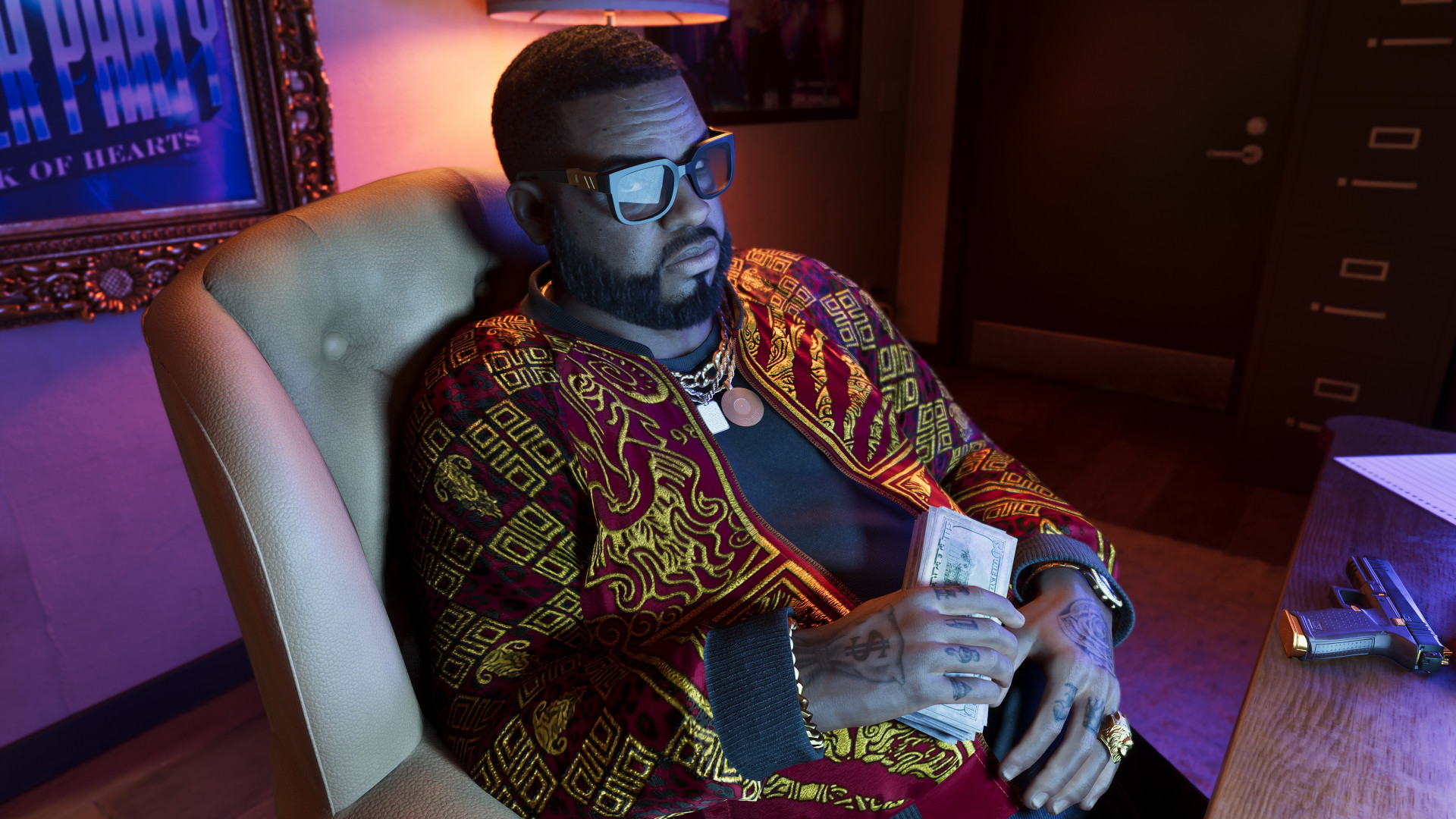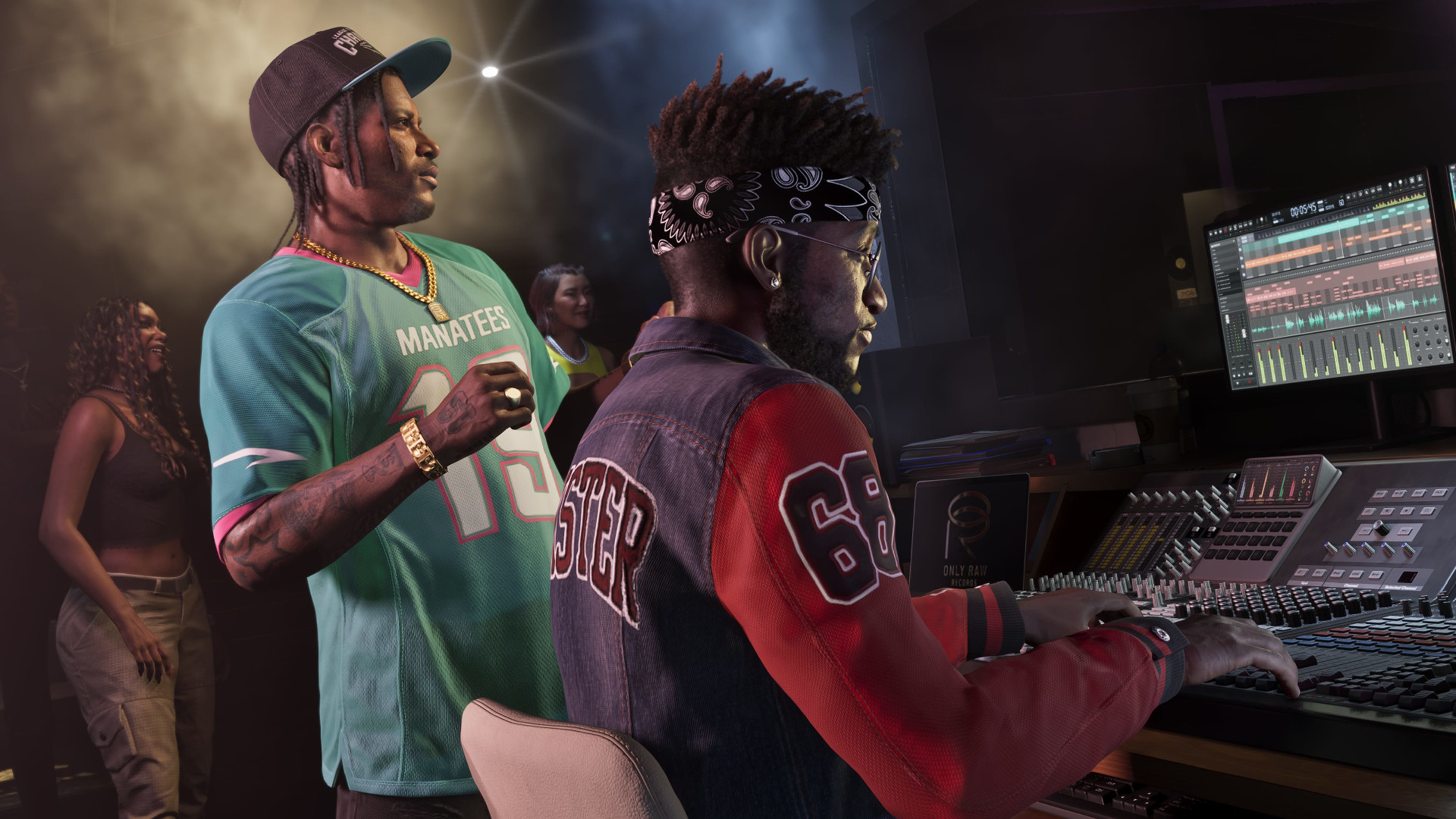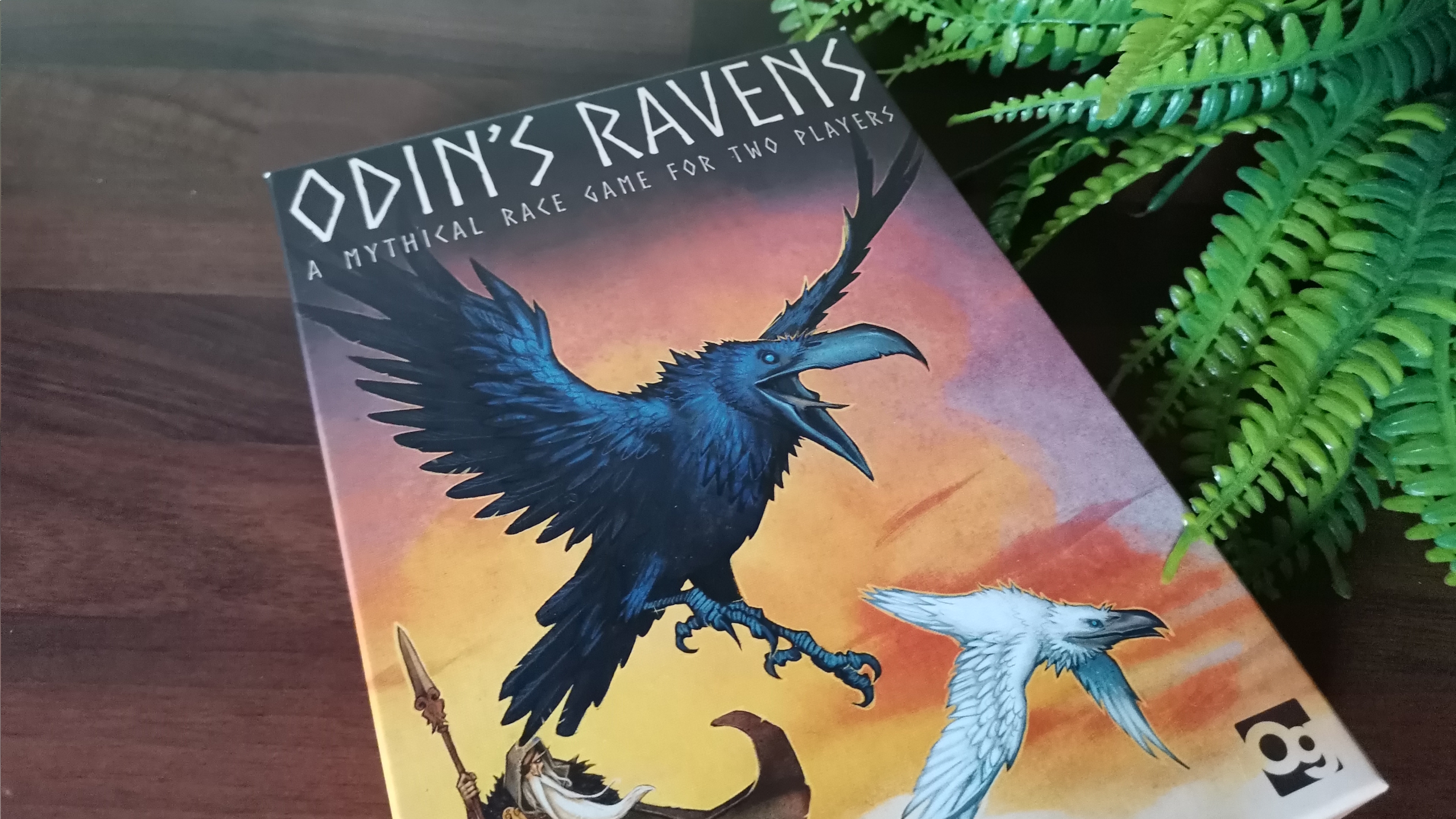Take-Two boss says good games are the new bad games: "Some of our competitors have realized maybe a little late in the day that consumers are not okay with okay"
"Good is the new bad, great is the new great"

Weekly digests, tales from the communities you love, and more
You are now subscribed
Your newsletter sign-up was successful
Want to add more newsletters?

Every Friday
GamesRadar+
Your weekly update on everything you could ever want to know about the games you already love, games we know you're going to love in the near future, and tales from the communities that surround them.

Every Thursday
GTA 6 O'clock
Our special GTA 6 newsletter, with breaking news, insider info, and rumor analysis from the award-winning GTA 6 O'clock experts.

Every Friday
Knowledge
From the creators of Edge: A weekly videogame industry newsletter with analysis from expert writers, guidance from professionals, and insight into what's on the horizon.

Every Thursday
The Setup
Hardware nerds unite, sign up to our free tech newsletter for a weekly digest of the hottest new tech, the latest gadgets on the test bench, and much more.

Every Wednesday
Switch 2 Spotlight
Sign up to our new Switch 2 newsletter, where we bring you the latest talking points on Nintendo's new console each week, bring you up to date on the news, and recommend what games to play.

Every Saturday
The Watchlist
Subscribe for a weekly digest of the movie and TV news that matters, direct to your inbox. From first-look trailers, interviews, reviews and explainers, we've got you covered.

Once a month
SFX
Get sneak previews, exclusive competitions and details of special events each month!
Amid heightened competition and expectations in gaming, Take-Two CEO Strauss Zelnick reckons good games just don't cut it anymore – or, as he put it, "good is the new bad."
Speaking with IGN, Zelnick sizes up the steady rise of AAA development costs and lengthening production timelines. "I think it's a reflection of the fact that as entertainment businesses mature, consumers seek quality and everyone realizes that the consumer is highly demanding and properly so," he said.
Acknowledging "a precious few times" Take-Two studios have missed the mark in pursuit of "the best entertainment," Zelnick said the company "would like to fail fast if we're going to fail."
He also doubles down on the best of the best: "I think some of our competitors have realized maybe a little late in the day that consumers are not okay with okay. Good is the new bad, great is the new great. And our goal here is to make everything exceptional."
As you'd expect of the head of Rockstar's parent company, Zelnick has repeatedly talked up GTA 6 as the best thing since sliced bread, defending the decision to delay the game to maximize quality. "Rockstar Games is trying to create the best thing anyone's ever seen in entertainment," he said earlier this year.
And as ever, conversations around quality, expectations, and development costs are colored by the scope and price of the games involved. A company as large as Take-Two will see the industry differently, and face different risks and opportunity costs, than the vast majority of game developers. Even among the AAA bracket, there's only one Rockstar, and there's only one GTA 6.
Zelnick was quick to clarify that he's not singling out or grilling any one studio in particular here. "This is really hard stuff, and you don't want to criticize someone for sticking with their creative talent, supporting them and trying to get a great result," he said.
Weekly digests, tales from the communities you love, and more

That said, his comments seem to parallel topical sentiments regarding reception and saturation in games. Most notably, Ubisoft CEO Yves Guillemot suggested last month that the industry is "a highly competitive environment where players are very sensitive to the quality and content of games." Guillemot argued that "the success of a video game depends as much on the efficiency of its development process as on its launch," and listed "bashing" from people online as a "high" risk factor.
Guillemot added: "The changing perception of the video game industry as a cultural and artistic medium is also leading to an increase in criticism based on ideological or societal considerations, sometimes to the detriment of technical or gameplay aspects. This trend increases the risk for publishers such as Ubisoft of being exposed to controversy relating to social, moral or identity standards associated with their productions."
This wasn't the first time we heard this rhetoric from Ubisoft, either. In September 2024, following the less-than-stellar reception of Star Wars Outlaws, Guillemot mirrored Zelnick's remarks even more closely, arguing that "delivering solid quality is no longer enough" when you're in a "challenging market" filled "with gamers expecting extraordinary experiences."
This followed a February 2024 "turnaround" for Ubisoft, with the company pointing to Assassin's Creed Mirage as a sign of its push toward "consistently creating and delivering high-quality, long-lasting games," which read like tacit admission that the company's output had been less than consistently great.
Analyst Mat Piscatella, games lead at Circana, attributes some of this effect to the dominance of accessible live service games. "It's like the substitution effect, right?" Piscatella told GamesRadar+. "You can go play game A and pay X dollars to get in the door, or you can just fire up the game you're already playing, your forever game that you've been playing for, in some cases, 7 to 10 years, right? That's the choice people are making now."

Austin has been a game journalist for 12 years, having freelanced for the likes of PC Gamer, Eurogamer, IGN, Sports Illustrated, and more while finishing his journalism degree. He's been with GamesRadar+ since 2019. They've yet to realize his position is a cover for his career-spanning Destiny column, and he's kept the ruse going with a lot of news and the occasional feature, all while playing as many roguelikes as possible.
You must confirm your public display name before commenting
Please logout and then login again, you will then be prompted to enter your display name.


